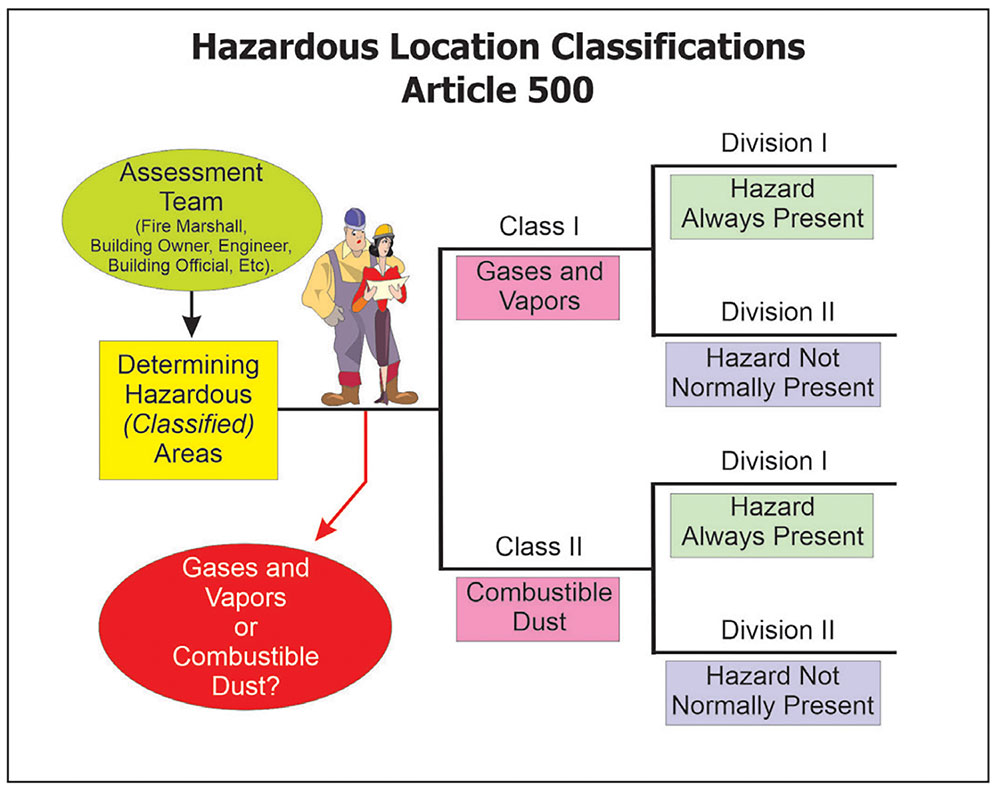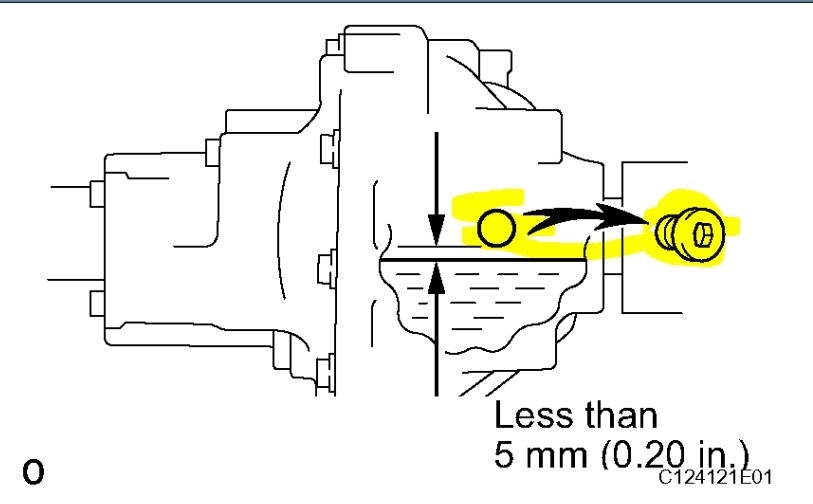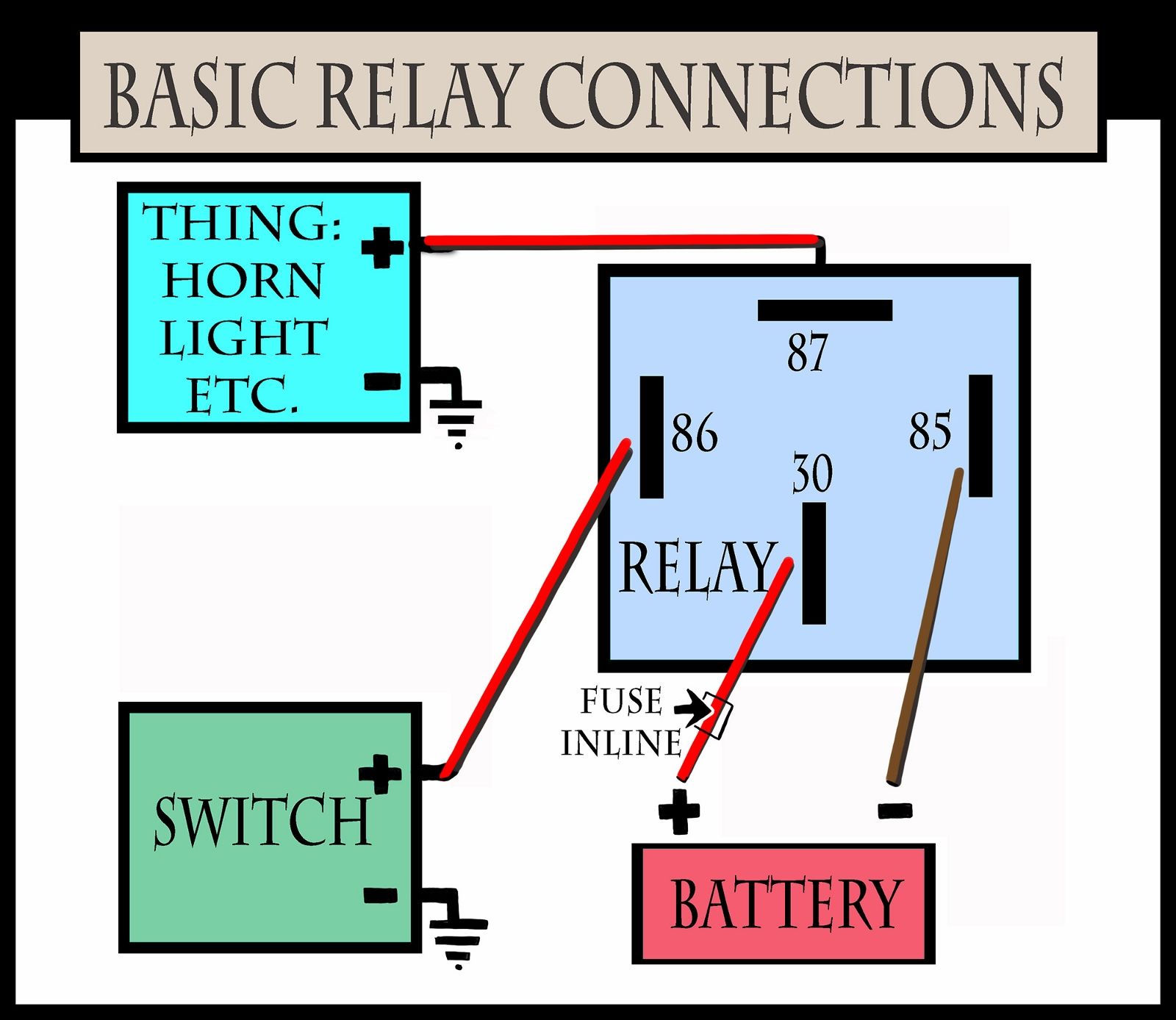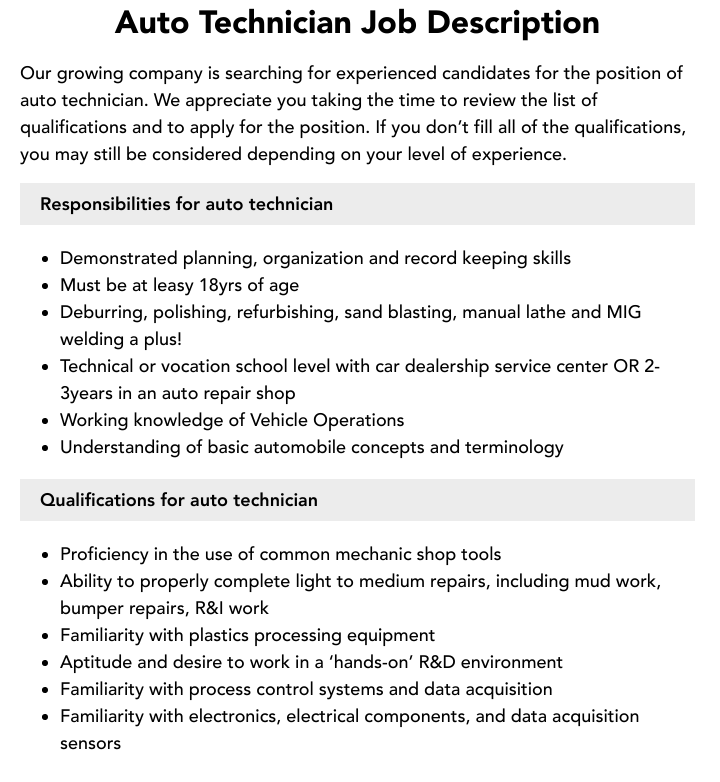Automotive Engineer Salary: Complete Compensation Guide
Automotive engineer salary: what to expect
Automotive engineers play a crucial role in design, develop, and testing vehicles and their components. Their specialized skills command competitive salaries, but compensation vary wide base on several factors. This comprehensive guide examine what automotive engineers genuinely earn and what influence their pay.
Average automotive engineer salary
Accord to current industry data, automotive engineers in the United States earn an average annual salary between $70,000 and $$100000. Withal, this range rerepresentshe middle of the spectrum, with entry level positions start around $$60000 and senior engineers or specialists potentially earn over $ $13000.
The median salary for automotive engineers presently stands at roughly$855,000 per year. This figure represents the midpoint, with half of all automotive engineers earn more and half earn less.
Salary by experience level
Experience importantly impact an automotive engineer’s earn potential:
-
Entry level (0 2 years )
$60,000 75,000 -
Mid-career (3 7 years )
$75,000 95,000 -
Experienced (8 15 years )
$95,000 120,000 -
Senior level (15 + years )
$120,000 150,000 +
These figures represent base salaries and don’t include bonuses, profit sharing, or other benefits that can add considerably to total compensation packages.
Factors affecting automotive engineer salaries
Educational background
Education level direct correlate with earn potential in automotive engineering:
-
Bachelor’s degree:
The minimum requirement for most entry level positions, typically yield start salaries between $60,000 and $$70000. -
Master’s degree:
Can boost start salaries by 10 15 %, with engineers begin around $70,000 to $$80000. -
PhD:
Especially valuable for research and development roles, potentially command start salaries of $85,000 to $$100000.
The prestige of the institution can besides impact start offers, with graduates from top engineering programs oft receive premium offers.
Specialization and expertise
Automotive engineering encompass various specializations, each with different compensation scales:
-
Powertrain engineers:
Specialists in engines and transmissions earn roughly $80,000 to $$110000. -
Electrical systems engineers:
With the rise of electric vehicles, these engineers command $85,000 to $$115000. -
Autonomous driving engineers:
This cutting edge specialty can yield $90,000 to $$130000 or more. -
Safety systems engineers:
Typically, earn$755,000 to $105,000. -
Manufacturing engineers:
Mostly earn $70,000 to $$95000.
Specializations in emerge technologies like electric propulsion systems, autonomous driving, or connect vehicle technologies much command premium salaries due to high demand and limited talent pools.
Geographic location
Location dramatically influence automotive engineering salaries:
-
Detroit, Michigan:
As the traditional heart of the American automotive industry, engineers hither earn average salaries of $80,000 to $$95000. -
Silicon Valley, California:
With the convergence of tech and automotive in autonomous vehicles, salaries range from $100,000 to $$140000. -
Southern states (tTennessee aAlabama sSouth Carolina)
Grow automotive manufacturing hubs offer $70,000 to $$85000. -
Midwest (oOhio iIndiana)
Traditional manufacturing regions pay $75,000 to $$90000.
The cost of living varies importantly across these regions, affect the real value of these salaries. For example, $9090,000 salary inDetroitt provide considerably more purchasing power than the same salary inSan Franciscoo.
Company size and type
The employer’s profile importantly impact compensation:
-
Major automakers (ford, gm, tToyota)
Typically, offer$755,000 to $110,000 with comprehensive benefits packages. -
Tier 1 suppliers (bBosch continental, ddense)
Mostly pay $70,000 to $$100000. -
Startup companies:
May offer lower base salaries ($$65000 to $ $9000 ) )t compensate with equity or stock options. -
Tech companies (tesla, apple, wWaymo)
Much pay premium salaries range from $90,000 to $$150000 + for automotive engineering talent.
Larger companies typically offer more stable employment and comprehensive benefits packages, while startups might provide greater growth potential and equity opportunities.
Total compensation beyond base salary
Bonuses and profit sharing
Many automotive companies offer performance base bonuses and profit share programs that can importantly enhance total compensation:
-
Annual bonuses:
Typically, range from 5 % to 15 % of base salary. -
Profit sharing:
Can add 2 % to 10 % yearly, depend on company performance. -
Project completion bonuses:
Some companies offer one time bonuses for successful product launches.
These variable compensation elements can add $5,000 to $$20000 to an engineer’s annual earnings.
Benefits and perks
The value of benefits packages shouldn’t be underestimated:
-
Health insurance:
Comprehensive coverage worth $5,000 to $$15000 yearly. -
Retirement plans:
401(k) matching programs typically worth 3 % to 6 % of salary. -
Vehicle discounts:
Many automakers offer employee discounts on purchases or leases. -
Continuing education:
Tuition reimbursement programs for advanced degrees or certifications. -
Relocation assistance:
One time payments of $5,000 to $$20000 for engineers change locations.
These benefits can add 20 % to 30 % to the value of the base salary when consider as total compensation.
Career progression and salary growth
Typical career path
Understand the career trajectory help engineers plan for future earnings:
-
Junior engineer:
Start position with focus on specific components or systems. -
Senior engineer:
After 5 7 years, take on more complex projects and potentially lead small teams. -
Lead engineer / specialist:
With 8 12 years of experience, become the technical authority in a specific area. -
Engineering manager:
Manage teams of engineers, typically require 10 + years of experience. -
Director of engineering:
Oversee entire engineering departments, ordinarily require 15 + years of experience. -
Chief engineer / technical fellow:
Top technical positions reserve for the virtually accomplished engineers.
Each step up this ladder typically come with a 10 20 % salary increase, with management positions much command 25 40 % more than individual contributor roles at the same experience level.
Skills that command higher salaries
Certain skills can importantly boost an automotive engineer’s market value:
-
Electric vehicle systems:
Battery technology, power electronics, and electric motor design expertise can add 10 20 % to base salary. -
Autonomous driving technology:
Machine learning, computer vision, and sensor fusion skills command 15 25 % premiums. -
Software development:
Programming skills, specially in c++, python, and autos, are progressively valuable. -
Project management:
PMP certification and demonstrate leadership can increase earnings by 5 15 %. -
Systems engineering:
Cross-disciplinary expertise in integrate complex automotive systems.
Engineers who combine deep technical expertise with business acumen or leadership skills frequently advance more rapidly and earn higher salaries.
International salary comparisons
Automotive engineering is a global profession with vary compensation across countries:
-
Germany:
€60,000 to €€90000 ( (6$650 to $ 10$100 ), w)h premium brands like bmw anBMWercedMercedes-Benzpay at the higher end. -
Japan:
¥6,000,000 to ¥¥10000,000 ( (5$550 to $ 90$90 ), w)h additional benefits and job security. -
South Korea:
â‚© 50,000,000 to â‚© 80,000,000 ($$45000 to $ $7000 ),)ith rapid growth potential. -
United Kingdom:
£35,000 to ££60000 ( (4$450 to $ 75$75 ), w)h higher salaries in premium and motorsport sectors. -
China:
¥200,000 to ¥¥500000 ( (3$300 to $ 75$75 ), w)h significant regional variations.
These figures reflect different cost of living standards, tax structures, and benefit systems, make direct comparisons challenge.
Industry trends affect future salaries
Electrification
The shift toward electric vehicles is created high demand for engineers with relevant expertise. Battery systems engineers, power electronics specialists, and thermal management experts can command premium salaries, oft 10 20 % above traditional powertrain engineers.
Autonomous and connected vehicles
As vehicles become more autonomous and connected, engineers with skills in software development, artificial intelligence, and connectivity solutions are seen salary increases of 15 25 % compare to traditional automotive roles.
Sustainability focus
Engineers specialize in sustainable materials, manufacturing processes, and lifecycle assessment are progressively valuable as automakers pursue carbon neutrality goals.

Source: owlguru.com
Industry consolidation
Mergers and partnerships between traditional automakers and technology companies are created new opportunities with hybrid compensation models that oft include equity components.
Negotiate a better salary
Research and preparation
Before salary negotiations, automotive engineers should:
- Research current market rates for their specific role, experience level, and location.
- Document achievements and contributions that demonstrate their value.
- Identify unique skills or expertise that set them obscure from peers.
- Understand the company’s compensation structure and financial situation.
Timing and approach
Strategic timing can improve negotiation outcomes:

Source: toughnickel.com
- After successful project completions or positive performance reviews.
- When take on additional responsibilities.
- During periods of company growth or profitability.
- When receive offers from compete employers.
Approach negotiations with a collaborative kinda than confrontational mindset typically yield better results.
Consider the total package
When evaluate offers, engineers should consider:
- Base salary relative to market rates.
- Bonus potential and structure.
- Benefits package value (healthcare, retirement, etc. )
- Work-life balance and flexibility.
- Professional development opportunities.
- Long term career growth potential.
Sometimes accept a somewhat lower base salary with excellent benefits, growth potential, or work-life balance can be more valuable in the long run.
Conclusion
Automotive engineering offer competitive compensation that reflect the specialized skills and education require. While entry level positions typically start around $60,000 $70,000, experienced engineers can earn comfortably over $$100000, especially in high demand specializations like electric vehicles and autonomous driving systems.
Geographic location, company type, education, and specialization all importantly impact earnings potential. Beyond base salary, bonuses, profit sharing, and comprehensive benefits packages contribute considerably to total compensation.
As the automotive industry undergoes transformative changes with electrification, connectivity, and autonomous technology, engineers who develop expertise in these areas can expect to command premium salaries. Those who will combine technical excellence with business acumen, leadership skills, and adaptability will find themselves advantageously will position for career advancement and salary growth in this dynamic field.
For will aspire automotive engineers, will invest in education and will develop skills will align with industry trends will maximize will earn potential. For experienced professionals, continuous learning and strategic career moves can lead to substantial salary increases over time.
MORE FROM promospotlight.com












